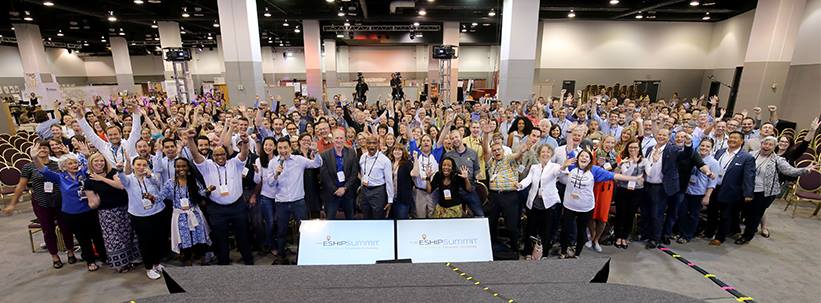In love with research, not academiaThe idea of researching best practices for supporting social entrepreneurs through structured programming (think incubators, accelerators, etc.) had been steeping in the back of my mind for over a year when I suddenly found myself in a position of no permanent address, house key, job or place I needed to be. Similarly, I had been mulling over the idea of applying for a PhD program. After speaking to several professors in PhD programs I decided that - if getting a PhD meant you had to be an academic afterward (which is the short of it) - I didn’t want to go for a postgraduate degree. But damn, had I always enjoyed researching, exploring and analyzing the very bones of a system or situation I so desperately wanted to understand! Instead, I designed what I called “My Personal PhD” (it always remained a working title). From January through June 2015, I launched phase I of what would later become Social Venturers. I spent the first weeks frantically reading every research paper I could find on social enterprise acceleration. I researched support organizations for social entrepreneurs country by country. I designed my research framework to allow me to collect consistent data across countries. I reached out to dozens of support organizations across Europe to schedule interviews with program managers at each organization. And I spent six months interviewing the first thirty social venture support organizations of many more to come. Read a recap of phase I here. Assessing Entrepreneurial Ecosystems: Actors and PlaybooksFast forward three years and we find ourselves on my front porch in St Clair West, Toronto, Canada. My six-months old is snoozing by my side while the rain is drumming on the porch roof. We moved to Canada in May 2018 and I have spent the last two weeks sketching out how to best explore the social enterprise landscape in Toronto. Since the launch of Social Venturers, I have a three years of ecosystem building experience with Startup Champions Network and the Kauffman Foundation under my belt. Based on these experiences and the insights of ecosystem experts like Brad Feld and Village Capital, I am going to explore Toronto’s social enterprise scene to find answers to these three questions:
Startup Communities, Brad Feld To categorize key players I am borrowing a framework from Brad Feld’s book Startup Communities who lists leaders and feeders as
Playbook for Ecosystem Builders, Kauffman Foundation The Kauffman Foundation is developing a playbook for ecosystem builders and takes a slightly more nuanced approach by identifying not only key players but structures and “the glue” within an ecosystem:
Why the heck, Anika?Allow me to elaborate: Entrepreneurs need different types of support along their journey. No single organization or person can provide all of it, nor should they. As the Kauffman Foundation puts it, ecosystems help entrepreneurs thrive at each step allowing talent, information and resources to flow quickly as they are needed by founders (source). If you have read this piece, you know that I feel called to help purpose-driven entrepreneurs thrive. As part of this new-to-me ecosystem, I feel the urge to understand exactly who is doing what, how effective it is and what is missing to see the Toronto ecosystem thrive. Let me throw this out there: Toronto is bustling with activity in the social enterprise space. After three years in a mid-sized city that was grappling with the notion of social enterprise, I am T.H.R.I.L.L.E.D. to be in a space that is this progressive. Yay! The short of it is: With a clear understanding of actors, challenges and the culture of the social enterprise space, I will have a clearer sense of where to spread my wings and how to best serve purpose-driven founders. Research ObjectivesUntil the end of the 2018, my research objectives are to
Expect monthly updates on the conversations I have with social entrepreneurs, B Corps, ecosystem builders and champions, facilitators, investors, educators.
Join my newsletter list or check back here next month!
0 Comments
Leave a Reply. |
AuthorObservations from living the life of a Social Venturer Archives
January 2019
Categories
All
|
Company |
Sign up for Tacheles
|
Legalese
|
© COPYRIGHT 2017. ALL RIGHTS RESERVED.
|


 RSS Feed
RSS Feed